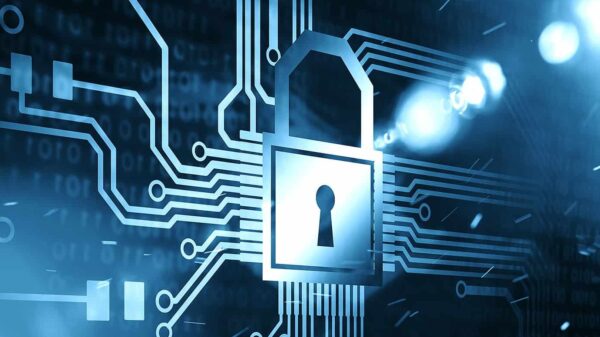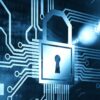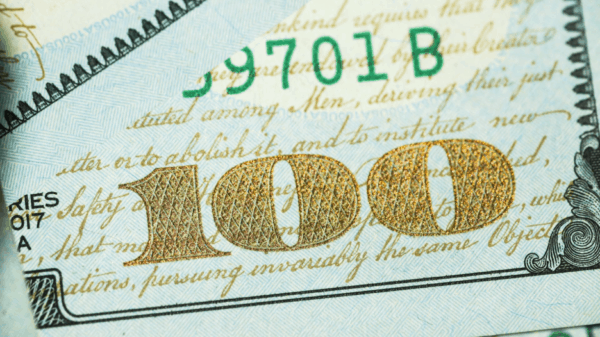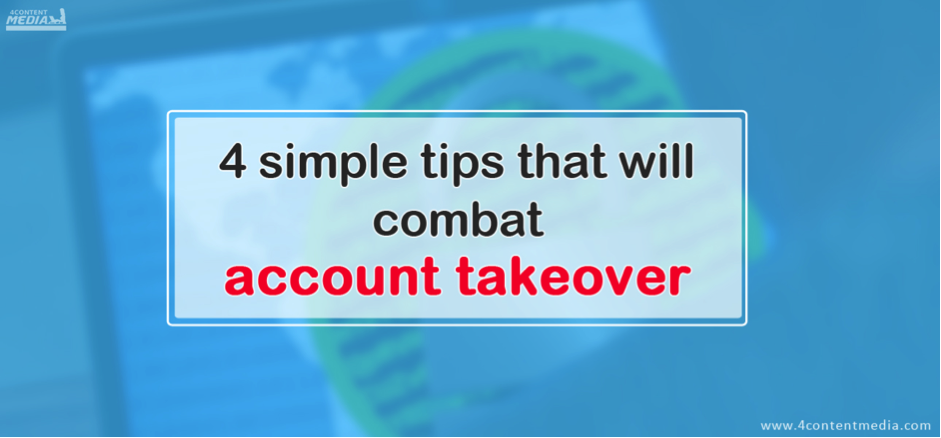Whether you’re an internet novice or a seasoned expert, you’ll already know how important it is to protect your data online. Here are our top ten tips, starting with the easy ones anyone can do and moving onto advanced tips suitable for the web-savvy.
1. Buy antivirus software
If you haven’t installed a reputable antivirus product to your machine, do it as soon as you’ve finished reading this. It’s the single most important and effective thing you can do to protect your personal information from hackers and spammers, spies and identity thieves. Don’t forget to secure every device you own that connects to the web, including laptops, smartphones and tablets. Keep the software up to date, setting it to download automatic updates and keep up with new types of virus. And scan your machine regularly to pick up, archive and destroy any viruses that might have sneaked in.
2. Get your password act in order
It’s no good using your name as a password, or your pet’s name, address or nickname. The idea of a password is to prevent anyone else getting at your data, whether it’s into your bank account or Facebook page. Make it difficult for human spammers and bots to ‘guess’ it by creating something obscure, meaningless and random. Use at least 13 characters and mix and match letters, numbers, caps, lower case and symbols.
You can use a free, secure password generator to save you the effort of trying to be random, which is surprisingly difficult! Because the site generates new passwords in the browser itself using JavaScript, and doesn’t send them over the internet, it’s secure.
It is also unwise to use the same password everywhere because once someone’s guessed it they’ll be able to take over your online life completely. It’s a pain but well worth dreaming up a different one for every account and stashing them in a spreadsheet somewhere safe, or even using an online password management service.
3. Learn the fine art of discretion!
A lot of the responsibility for data security is down to you, the user. You can tie your machine up as tight as you like to repel viruses, spyware, adware and so on, but software can’t help you if you share your personal information freely all over the internet without a second thought. If you’re prone to indiscretion, train yourself to think first, post second. Never share information that could identify you in any way. Keep anything and everything potentially sensitive to yourself. And only share your life with the people you know you can trust.
4. Configure your home broadband
Don’t just leave the default factory settings when you fit home broadband. Lock data and bandwidth thieves out! Change the network name, set an obscure password and configure the security settings to the max. Every system is different – consult your manual.
5. Use bespoke email addresses
Plenty of us only have one personal email address plus one at work. But when you set up multiple addresses with mail folders to match, you reduce the risk of spammers and email account hackers getting their dirty hands on your data. Because you have used separate email addresses and passwords for emails about shopping, work, personal stuff, Facebook, Twitter, forum memberships and so on, mischief makers can only access so much of your data when they hack an account, rather than all of it.
6. Make account security a priority
More or less every reputable forum, social network and online community includes security and privacy settings. Find them, maximise them, keep your eyes open for new security features and stay up to date.
7. Hide your email address from prying eyes
You can use a free service like Hide Email Script to encrypt your email address, making it more or less impossible for bots and hackers to decipher unless they have a supercomputer and a few thousand years to spare.
8. Set up your own VPN
When you log into a VPN client on your computer or via the web, your machine swaps keys with a remote server. Once they verify each other, all your online communications are encrypted, safe from prying eyes. Here’s a link to some excellent information about which VPN to choose. You can also encrypt USBs, internet traffic, cloud storage… you name it.
9. Control freaks ahoy… set up a home server
If you feel the need to protect and control the server end of things too, you can always buy one… or build your own. All you need is a few basic components. A computer, broadband, a network router complete with Ethernet CAT5 cable, a monitor and keyboard, plus a CD/DVD drive/burner if you’ll be running media on your masterpiece. Here are some clear instructions for making a home server.
How about you?
What have you done so far to keep your data secure? Why not share your experiences with us?
Alexandra Johnson writes for knowthenet, providing advice on staying safe, legal and informed when online.

8 Comments
Leave a Reply
Cancel reply
Leave a Reply
This site uses Akismet to reduce spam. Learn how your comment data is processed.

























































































































































































raj
June 20, 2013 at 7:12 pm
Very informative post Johnson. One must maximize security of his/her account to stay away from these data,thieves. We must create a strong password for our account, so that one may not guess about it easily. Wherever possible, we should create different password for different account. Though it will be a bit hard to remember so many password if one is having a lot of accounts, but this is the need of the hour for safety of our data.
harshi
June 20, 2013 at 8:51 pm
Awesome post on protecting things online from piracy and security threats !really gonna help many !
FrankCern
June 20, 2013 at 10:18 pm
I like the option of your own VPN…quite safe in my view.
Sana
June 21, 2013 at 6:03 am
I have seen that most broadband user always relies on the factory setting that is harmful for them if they are professionals of high level
Sasidhar
June 22, 2013 at 5:00 pm
Antivirus software alone can’t make it all I think…Internet security is a ‘must’ attribute…what do u say?
Lana Joesph
June 24, 2013 at 12:58 pm
Through these methods we can protect only a limited data and not the data that are shared on social networks. For instance how many of us use the privacy setting in Facebook?
Joseph Admin2
June 25, 2013 at 12:53 pm
I know what you mean. Privacy on social media is always going to be controversial considering most people voluntarily put their life stories on there.
Ruth
December 6, 2015 at 4:27 am
hi,
we can also tweak our network with vpn. thanks 😀